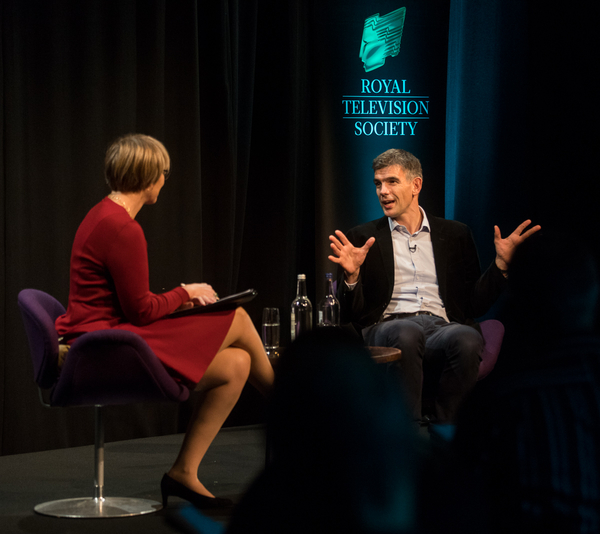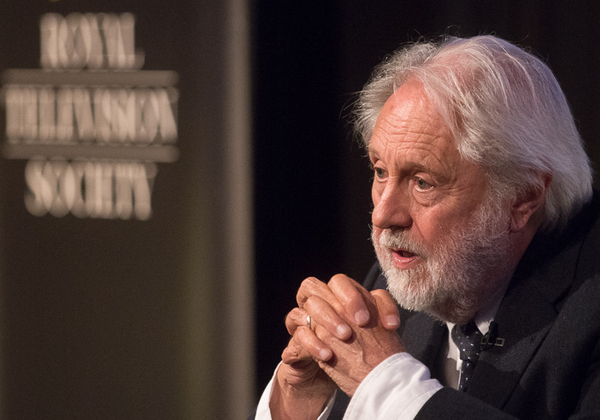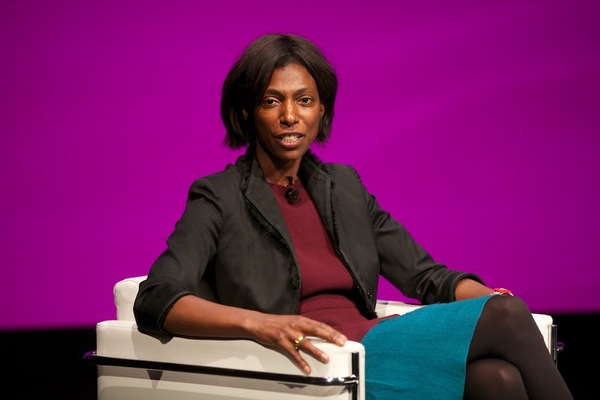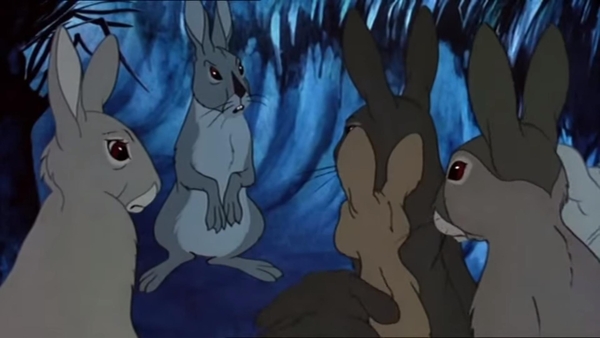The battle for prominence
Late last year, the UK’s two biggest commercial broadcasters, Sky and ITV, lambasted the global internet giants, contrasting their lack of regulation with the tightly controlled world of television.
In a speech to European broadcasters in Tallin, Sky Chief Executive Jeremy Darroch deplored the unevenness of the playing field: “At a time when there are serious questions over the veracity, safety and legality of much of the content to be found on the internet, television remains the gold-standard reference point for responsibility. Yet, we are in strange times.”






